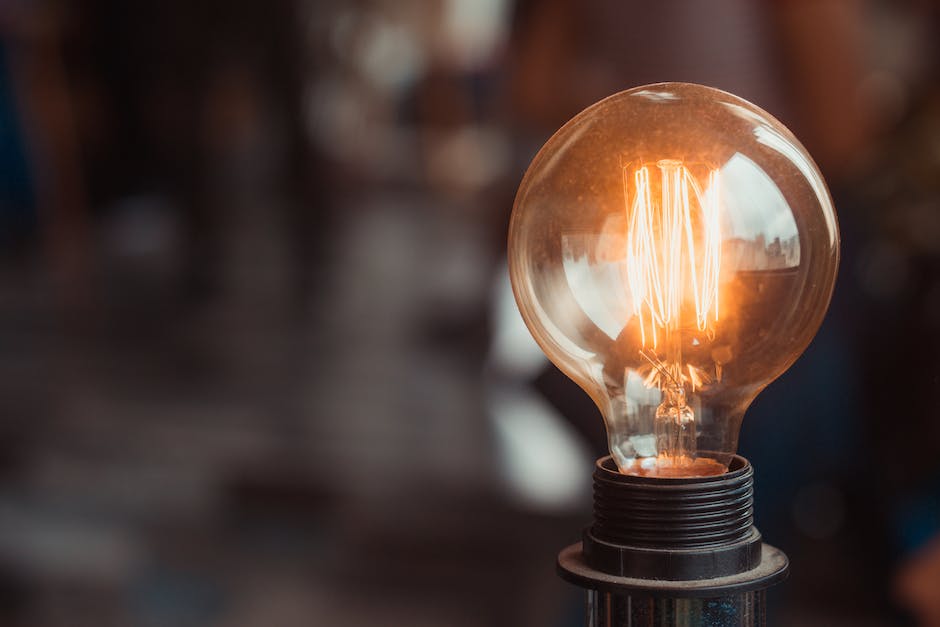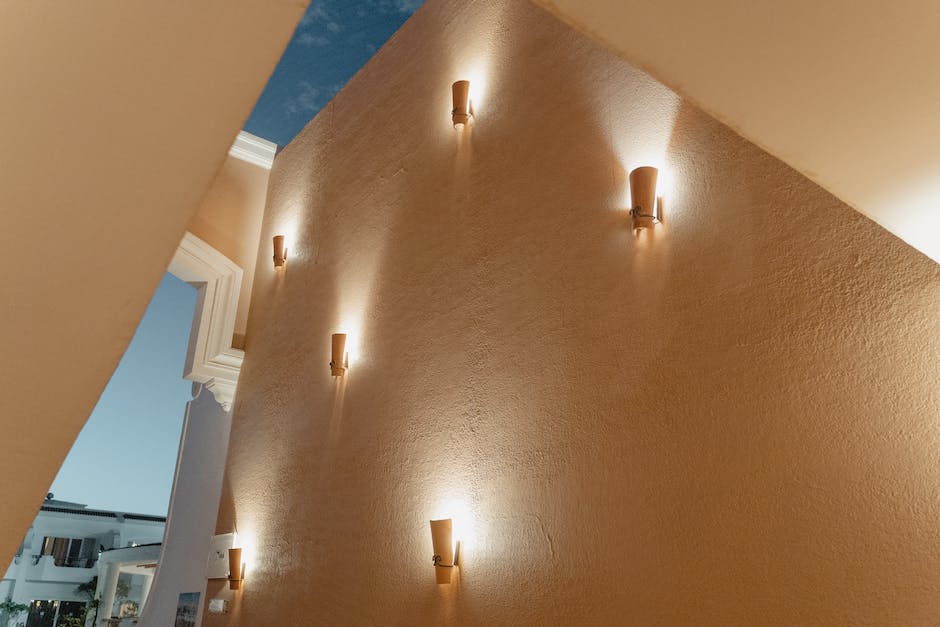Let’s face it, household expenses can be a real drain on your bank account. Fortunately, there are simple ways to save money on your utilities bill and reduce energy waste. Here are ten tips for making your home more energy-efficient and pocket-friendly:
Unplug Electronics when Not in Use

It’s easy to forget to unplug your electronics when you’re finished using them, but doing so can save you money on your electricity bill. When electronics are plugged in but not in use, they continue to use energy, even if they are turned off or in standby mode. By unplugging them, you can reduce energy waste and save money. Consider using a power strip so you can easily turn off multiple devices at once.
Use Energy-Efficient Lightbulbs

Switching to energy-efficient lightbulbs is a small change that can yield big savings. LED lightbulbs use around 75% less energy than traditional incandescent bulbs and last longer, reducing the need for frequent replacements. While they may be slightly more expensive than regular bulbs, the long-term savings on your electricity bill make up for the initial cost.
Lower Your Thermostat at Night

During cold winter months, heating can make up a significant portion of your utilities bill. You can reduce the cost by lowering your thermostat by a few degrees at night. Even turning down the temperature by one degree can help. You can also install a programmable thermostat, which allows you to set the temperature according to your schedule, automatically adjusting the temperature at night and when you’re not home, saving you even more money.
Weatherproof Your Home

Proper weatherproofing can significantly reduce your energy usage and therefore your expenses. Make sure your home is air-sealed where necessary, caulk gaps around doors and windows, and add weatherstripping to prevent drafts. Lastly, upgrade your insulation, ensuring it’s covering all areas of your home adequately. Weatherproofing helps keep warm air inside during the winter and cool air inside during the summer, resulting in significant savings on your utility bills.
Install Low-Flow Fixtures
High water bills can be a drain on your finances too, especially if you have a large family. Installing low-flow fixtures can lower your water bill significantly. They use less water without sacrificing water pressure, thereby reducing water waste. These fixtures are available in different styles and price ranges and can be fitted in your kitchen and bathroom sink faucet, showerheads and toilets, saving you money while conserving water.
Reduce Water Heater Temperature
Your water heater can consume a considerable amount of energy. By turning the temperature down to around 120 degrees Fahrenheit, you can save money and also reduce the risk of scalding. Be sure to consult your water heater’s manual on how to change the temperature.
Switch to LED Bulbs
We’ve talked about the savings you can make by swapping to energy-efficient bulbs, but specifically, LED lights are a good option. They’re energy-efficient, durable, and come in different colors and brightness levels, providing flexibility in your home lighting setup. They may be slightly more expensive than other bulbs, but the long-term savings make it worth the investment.
Avoid Peak Energy Usage
Peak energy usage hours vary from one utility company to another. By learning about your utility’s peak hours, you can avoid high rates altogether by conducting energy-intensive activities like laundry and dishes during off-peak hours. By making these simple changes, you can save money while still enjoying the same level of comfort.
Get a Home Energy Audit
A home energy audit is a comprehensive evaluation of your home’s energy use, identifying areas where you can make changes to increase efficiency and save money. A professional auditor will likely conduct tests using specialized equipment and provide a detailed report of recommendations, including options to replace old appliances and installation of more efficient insulation or weatherproofing measures.
Start a Compost Pile
By starting a compost pile, you can reduce the amount of waste going into your trash can and save money on your garbage bill. You don’t even need an outdoor space – many indoor composting bins are small enough to keep under a sink, so you can put your food scraps to good use while saving money and helping the environment.
By making a few simple changes, you can save significantly on your household expenses. These tips are easy to implement and can be the first step to a more mindful and eco-friendly life. Happy saving!







